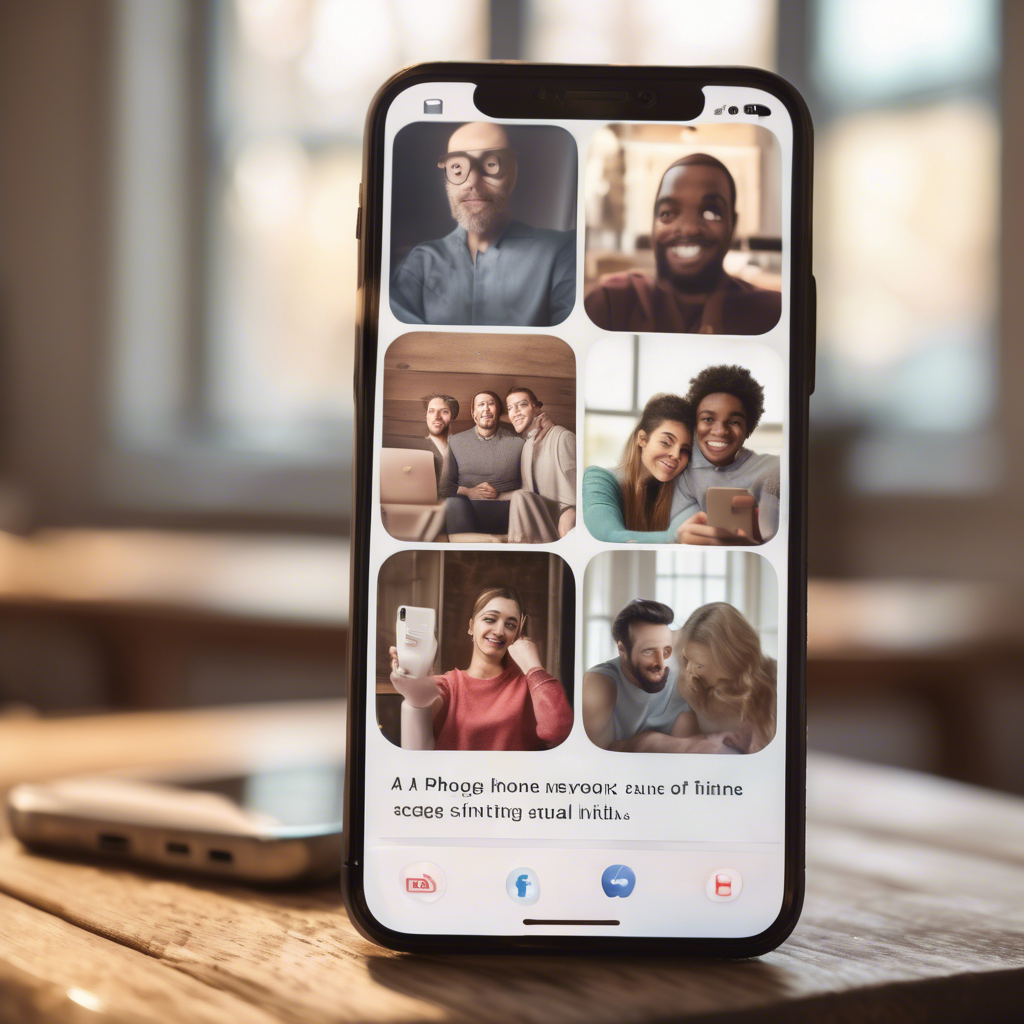
In today’s digital age, the lines between authenticity and fabrication are more blurred than ever, especially in the realm of online content creation. One UK-based OnlyFans creator known as Bunni has recently brought to light a disturbing new trend that involves image theft combined with deepfake technology. Her experience is not just a personal violation but also a chilling glimpse into the dark underbelly of the internet, where scammers expertly manipulate images with AI to create entirely new personas. Unlike ordinary cases where images are stolen and reposted, Bunni’s case goes a step further—someone used deepfake tools to transplant her body onto an AI-generated face, crafting a completely fabricated identity named “Sofía,” purportedly a 19-year-old from Spain. This scenario reveals both the technological prowess of scammers and the potent vulnerabilities faced by online creators today.
Image theft is unfortunately a common hazard in the world of content creation, particularly on platforms like OnlyFans where personal photos and videos are currency. However, Bunni notes that even though image theft happens frequently, this new approach is unprecedented. Instead of simply stealing an image, the perpetrator wielded AI technology to generate a new face, adding a sinister layer of deception and complexity. The imaginary "Sofía" persona did not stay confined to one platform either; the scammer promoted the fake identity across various subreddits on Reddit, ranging from casual forums where "Sofía" interacted with users by asking for outfit advice and showing pictures of pets, to more explicit communities like r/PunkGirls, which is known for adult content. This multifaceted activity underscores how scammers exploit the power of AI-driven deepfakes not only to deceive but also to monetize through misleading subscriptions or direct monetary requests.
Deepfake technology, originating as an impressive tool for creative expression and entertainment, has unfortunately blossomed into a double-edged sword. AI can now convincingly swap faces, alter videos, and mimic voices, leading to a proliferation of synthetic media that can be unbelievable in its realism. The case faced by Bunni exemplifies a particularly unsettling exploitation of this technology: creating a fake influencer who looks genuine enough to interact with unsuspecting fans and followers online. This practice is part of a growing trend where “virtual influencers”—entities that do not exist in reality but are composed by AI—are used to lure audiences, sometimes for financial gain but also potentially for more nefarious purposes such as misinformation and manipulation. According to experts, as AI technology becomes more accessible and sophisticated, digital impersonations will only become more common, raising ethical, legal, and security concerns.
Bunni’s experience also highlights a grim reality faced by many online creators: the challenge of protecting oneself in a rapidly evolving digital landscape and the limitations of current legal frameworks. Though she managed to have the imposter removed from Reddit by contacting moderators directly, the ordeal was exhausting and underscored how fragmented and inconsistent responses to AI-driven abuse can be. Many creators share Bunni’s frustration—legal action is often prohibitively expensive and slow, while laws have yet to catch up to deal with AI-assisted copyright violations and identity theft. This lack of comprehensive legal protection leaves creators vulnerable to ongoing abuse and exploitation. It also points to a need for platforms like Reddit and OnlyFans to develop more robust detection and removal systems to prevent such scams from flourishing. Meanwhile, victims often rely on community support and digital vigilance to combat these threats.
The digital world continues to evolve in exciting yet unpredictable ways, and as AI deepfake technologies proliferate, both users and creators must stay alert. Bunni’s warning is a wake-up call not only to online content creators but also to internet users who might inadvertently fall prey to artificial personas designed to deceive and extract money. While AI offers enormous creative potential, it also demands a careful ethical approach and urgent attention from lawmakers, platform operators, and users alike. Education on recognizing AI-generated fakes, improved digital safeguards, and clear legal recourse must become priorities to protect the integrity and safety of the online community. The story of Bunni and “Sofía” is more than a cautionary tale—it is a reflection of our times, where reality itself can be digitally crafted, masked, and exploited.
#DeepfakeScam #OnlineContentTheft #OnlyFansSecurity #VirtualInfluencers #AIandEthics #DigitalIdentityTheft #InternetSafety
Leave a Reply